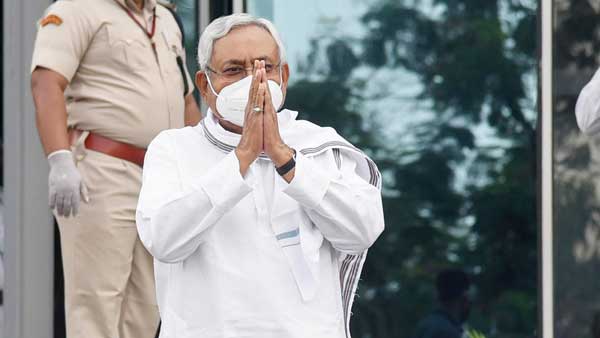Almost all of the exit polls have been proved wrong when the four-party coalition of NDA marched to victory in the state assembly elections in Bihar. Counting for this election was held till late Tuesday night due to an increased number of EVMs in the wake of COVID-19 pandemic.
It was not just the exit polls but the NDA alliance also breached several odds weighing heavily against it in order to retain power for a record fourth term since 2005.
No doubt there was fatigue and anti-incumbency factor against Chief Minister Nitish Kumar and a perception of laggard pace of development in his last term. Despite that, the NDA managed to woo the voters and retain rule.
Caste & community factor
From caste and community-relations angles, NDA mainly consolidated the Kurmis (Nitish Kumar’s caste), Extremely Backward Castes (EBC) and upper castes (BJP’s vote bank) in general and polarized the Hindu votes in particular.
On the opposition side, the anti-NDA votes got split due to multi-cornered contests. The core vote bank of Mahagathbandhan’s senior partner the RJD whether they are the Muslims or the Yadavs got divided because candidates of several parties, such as Chirag Paswan-led LJP, Pappu Yadav’s Jan Adhikar Party, Asaduddin Owaisi’s AIMIM and Upendra Kushwaha-headed RLSP, came into the fray. This was one of the main reasons why the RJD’s votes got split in its stronghold of North Bihar regions – Seemanchal and Mithilanchal.
Emotional appeals
The emotive appeals made by both Nitish Kumar and Narendra Modi seem to have struck a chord with the voters. Just a couple of days before the last phase of the election, the Bihar CM had said it was his last election. Even his rivals had pointed out that his statement was an “emotional blackmail” of the voters. Modi, on the other hand, reminded the people of the “Jungle Raj”, an epithet used by the Supreme Court for the 15-year misrule of Lalu Prasad and his wife Rabri Devi.
Impact of cash transfer schemes
The centre had launched one of the largest cash transfer schemes for transferring cash into the Jan Dhan accounts of women in April. Over Rs 30,000 crore were deposited into the accounts of women. Besides this, over Rs 5000 crore were deposited into linked LPG connections. Apart from these, Rs 500 were transferred into women’s accounts for three months.
A number of other steps included an increase in MNREGA wage to Rs 202 a day from Rs 182, which benefitted 13.62 crore families and an ex-gratia of Rs 1,000 to 3 crore poor widows, poor disabled, and poor senior citizens.
Direct Benefit Transfer (DBT) schemes for several sections of the society may have proved a game-changer in these elections. Farmers’ interests were also taken care of with the GOI depositing Rs 2,000 to them in the first week of April under the PM Kisan Yojana. This benefitted 8.7 crore farmers. The Bihar government also took several measures to deposit cash in the accounts of the needy people. It extended insurance cover of Rs 50 lakh per health worker fighting COVID-19. The state government deposited Rs 1,000 each into the bank accounts of 6.75 lakh migrant workers who were stranded outside the state. It also deposited Rs 1,000 in the bank accounts of ration cardholders.





